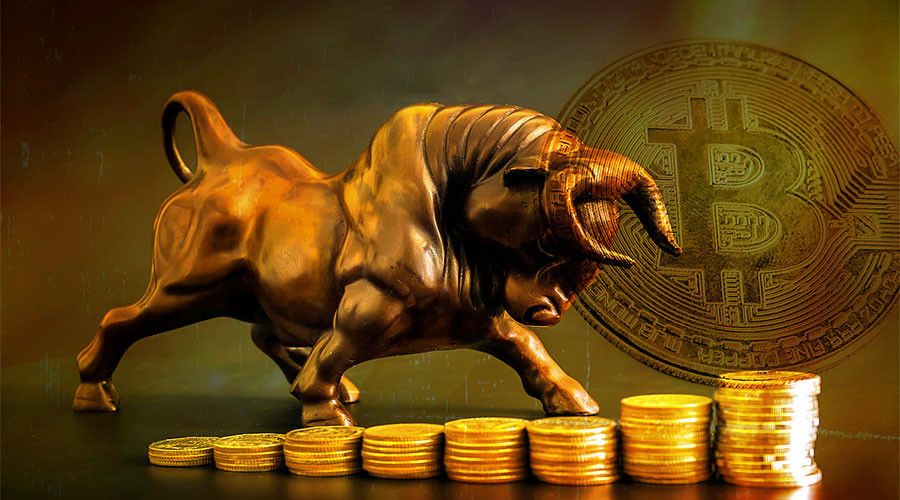The world's most popular and largest cryptocurrency showed steady growth, trading bullish for the second session. The digital asset tested the February high of $45,000 and then tumbled along with US stock indices in the North American session.
Institutional investors and crypto whales have been recently buying out digital gold, seeking alternative instruments amid the escalating conflict between Russia and Ukraine.
Last week, cryptocurrency funds saw an inflow of assets worth $36 million, up by $239 million, according to CoinShares.

On Tuesday, BTC soared 5.3% to $43,900. Like the flagship cryptocurrency, popular altcoins were also on the rise with ether jumping 4.6%, Binance Coin and Avalanche adding 8%, and XRP rising 2.1%.
The crypto market capitalization has climbed 3.9% to $2.01 trillion over the past 24 hours, CoinGecko, the world's largest cryptocurrency data aggregator, reported.
Meanwhile, BTC dominance increased 0.5% to 41.4% as popular altcoins showed weaker growth. The bitcoin fear and greed index has swelled 31 points to 51 points over the past 24 hours.
New sanctions against Russia targeting the country's financial institutions are named as the main driving force of virtual assets.
On February 28, bitcoin gained more than 15% as the US Treasury imposed sanctions against Russia's Central Bank and froze its assets in the US. Many European states announced similar sanctions as well.
Crypto experts say isolation of Russia's financial system may cause a decrease in the correlation between cryptocurrencies and other risk assets observed since early 2022. Thus, digital gold has recently been bullish despite a fall in other risk assets.
Despite the tense geopolitical situation, this is a good time for the crypto market. To avoid financial losses, investors from Russia and Ukraine began to actively invest in decentralized currencies, in particular, bitcoin.
A fall in fiat currencies became another positive factor for bitcoin. According to Binance, the cryptocurrency exchange, trading volumes between the Russian ruble and BTC and USDT have significantly increased.
At the same time, US officials are increasingly worried Russia might use virtual assets to evade sanctions. They urged the leading cryptocurrency exchanges to block Russian users from their platforms amid concerns digital currencies are being used to mitigate tightening sanctions.
Binance, KuCoin, Kraken, and AAX responded by saying they did not intend to unilaterally block the funds of Russians. Meanwhile, the Kraken online service said that they would be forced to start the blocking process if the regulator said to. The statements by the world's largest crypto exchanges instilled optimism in the crypto market and contributed to the strengthening of BTC.
 English
English 
 Русский
Русский Bahasa Indonesia
Bahasa Indonesia Bahasa Malay
Bahasa Malay ไทย
ไทย Español
Español Deutsch
Deutsch Български
Български Français
Français Tiếng Việt
Tiếng Việt 中文
中文 বাংলা
বাংলা हिन्दी
हिन्दी Čeština
Čeština Українська
Українська Română
Română

